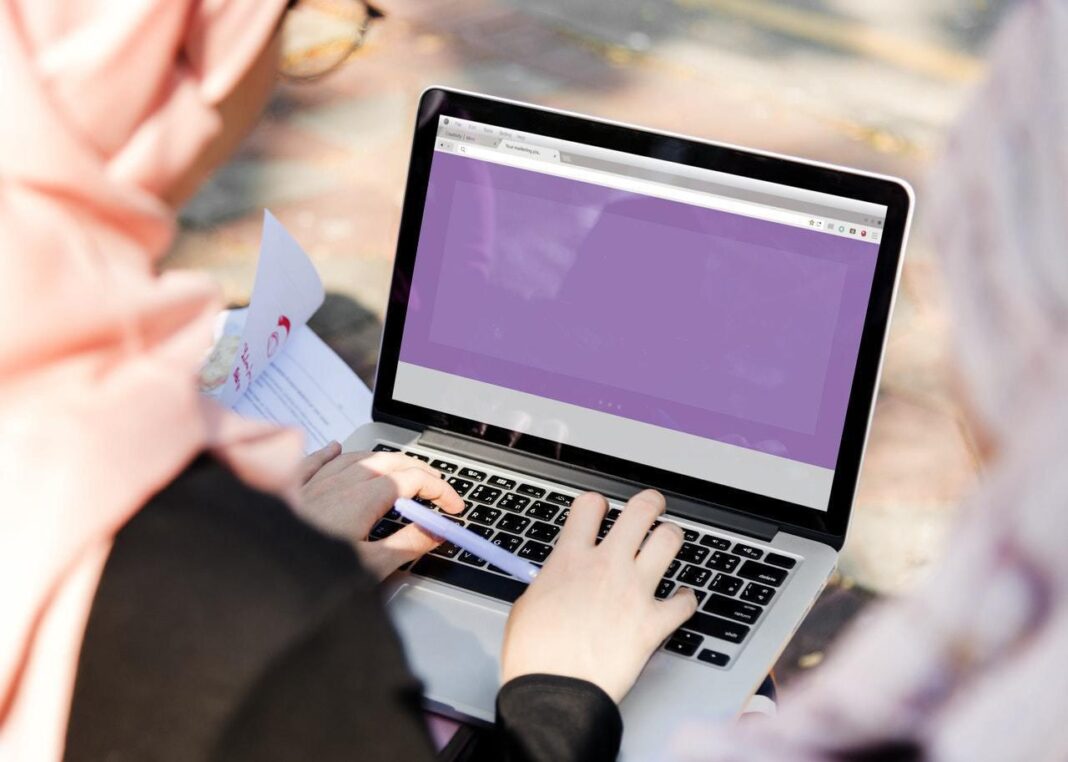The main features of an Islamic Account
What differentiates an Islamic account from a usual trading account is the fact that there are no swaps or roll-over charges applied to open positions overnight. Fundamentally, this product represents an innovative solution of brokerage companies to operate in accordance to the Islamic banking and finance movement that developed in the late 20th century, which aimed to position the Shariah law at the core of every financial activity done by Muslims.
While the features of an Islamic account might differ depending on the broker, all of them lack the financial instruments that are considered forbidden (haram) – such as swaps, margin trading, short-selling, futures, options, and forwards. However, most companies conceive accounts with an array of appealing characteristics that abide by the Shariah law. RCPro.com is a leading online investment firm that offers this account type which is fully compliant with the Islamic rules, while also carrying a solid set of benefits: no spread widening; no up-front commissions, re-quotes or hidden costs; 24/5 dedicated support from an Account Manager, free & instant access to all trading platforms, and the possibility to withdraw your finds in a super-fast way.
The Shariah Law
Sharia or the Islamic law is a religious law based primarily on the teachings from the Quran and the Hadith. The term sharīʿah refers to God’s time-tested divine law. The main principle applied to trading any financial market is in regard to interest: “Even though Allah has made buying and selling lawful, and interest unlawful.” (QS Al Baqara/The Cow: 275)
Here are the main financial endeavors prohibited by the scriptural teachings:
- Gambling (maisir) or games of chance that involve money. Some think Forex trading falls into this category because it has a speculative nature, but currency trading isn’t a “game of chance”, but the world’s biggest and most liquid financial market.
- Day trading is considered haram because it implies buying and selling financial instruments within the same trading day.
- Options, futures and other derivatives are forbidden because they “contain excessive uncertainty (gharar).”
- Short selling is also considered unlawful by some scholars because the trader is borrowing, not owning the asset.
- Swaps (interest) are completely forbidden by law. They are derivatives contracts through which two counter parties exchange cash flows from two different financial instruments.
Where and how to trade with an Islamic account
While you don’t have to worry about the number of offers, there are other aspects you can’t neglect. RCPro broker is one of the online companies completely transparent about their services, fees and practices, but not many brokers are like this. For example, read carefully the description of the account, see if it advantages your trading strategy and if respects your beliefs. If you feel the information isn’t satisfying, most online brokers have a live chat option. Feel free to ask away!
The Islamic account is a great opportunity for Muslim traders to profit from the financial markets with a peaceful mind, while also complying with the Shariah law’s requirements. Thrive to make informed decisions and get the best out of each investment, the Islamic account is just as performant as any other account type.
